
Spain’s Catholic bishops have criticised recent government initiatives on issues from euthanasia to gender ideology.
Cardinal Antonio Cañizares Llovera of Valencia told Spain’s La Razón that the euthanasia law was “iniquitous, criminal, anti-life, anti-human and anti-social” law contradicted the Spanish people’s “common good, identity and moral tradition,” and warned there would be “no forgiveness or pardon” for politicians backing it unless they “recognise their guilt and the damage caused.”
Meanwhile, a draft law was introduced by the government on June 29, allowing people over 16 to identify as a different gender in the civil register by a simple court declaration, without medical or legal measures, and imposing heavy fines for all discrimination. A similar law already exists in Ireland.
Auxiliary Bishop Luis Argüello Garcia of Valladolid, secretary-general of the bishops’ conference, warned on Twitter that the proposed law, which has been protested by some feminist groups as an attack on female identity, would “transform sentiment into a legal category and enthrone the will to power without limit.”
“Whoever is born a man will always be a man, and whoever is born a woman will always be a woman, no matter which hormones they impose and operations they perform,” the archbishop told Catholics in a homily.
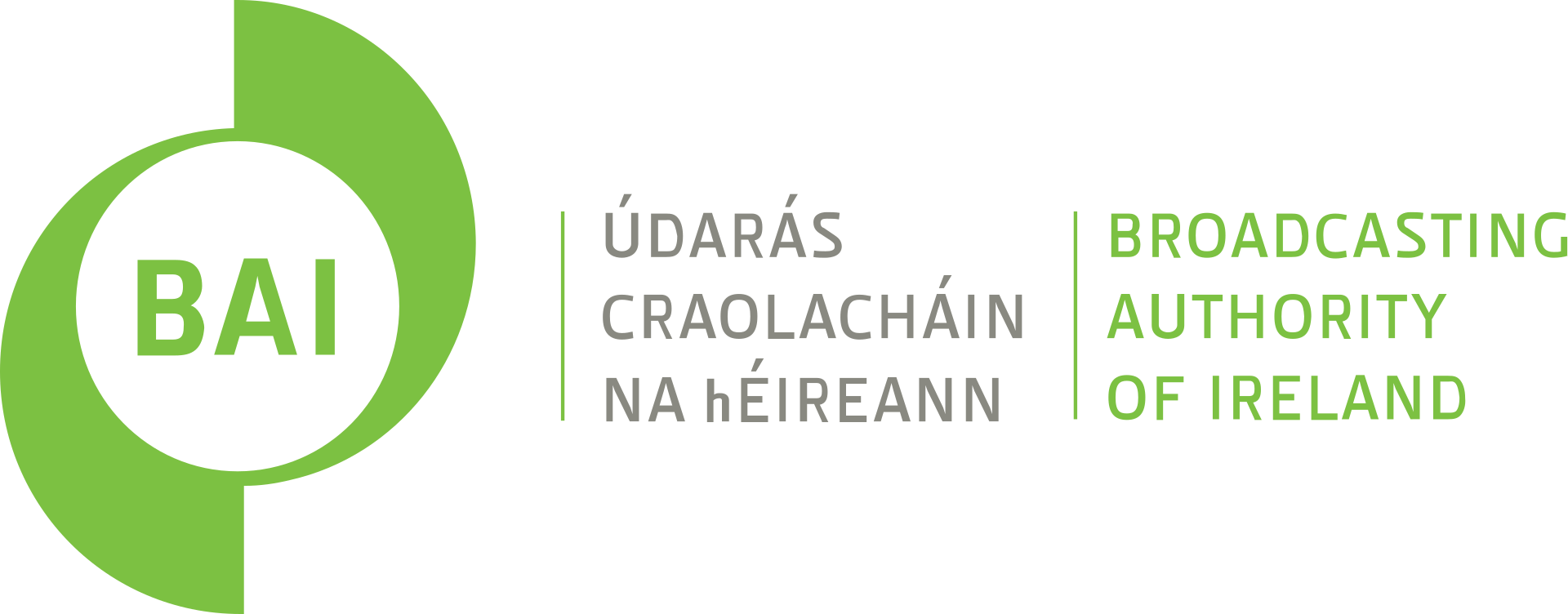
Eight separate complaints against RTÉ One’s NYE Countdown 2020 programme were upheld by the Compliance Committee of the Broadcasting Authority of Ireland (BAI).
The complaints related to a satirical news sketch concerning God being convicted of sexual crimes.
An apology from RTÉ Director General Dee Forbes had already been published on 7 January and RTÉ made a voluntary disclosure of non-compliance to the BAI and did not contest the complaints received.
The BAI also upheld complaints related to discussions and interviews regarding the repeal of the Eighth Amendment on either Newstalk Breakfast or Newstalk’s The Hard Shoulder, or both on 10 December 2020.

Irish parents are generally happier to live with their adult children than their children are to live with them, and more content to see them stay, detailed new research into domestic life and living arrangements has found.
According to the Central Statistics Office (CSO) the vast majority of adults (88 per cent) living with a parent said they would prefer to live apart, compared to just half of parents who felt the same.
More than a third of children (38 per cent) would not necessarily miss their parents either, yet 73 per cent of parents would.
Overall, some 57 per cent of those living with a parent enjoy the experience compared to 87 per cent of parents.
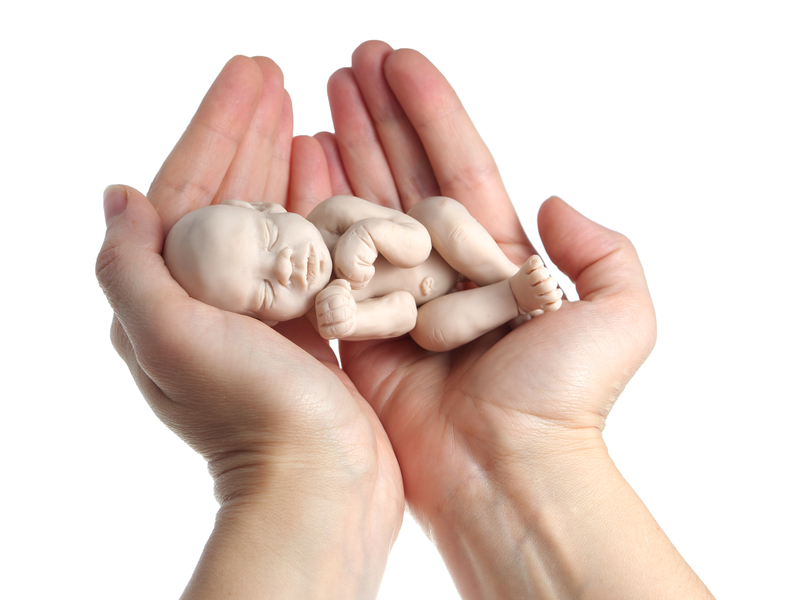
A baby born alive after an unsuccessful late-term abortion was “left gasping without medical assistance for two hours before dying” at a hospital in New Zealand.
The incident was witnessed by a healthcare student who has since been left traumatised from the ordeal.
“Normally a late-term abortion is performed on babies that have medical issues, but this baby was completely healthy – so instead of using an infanticide injection to stop the heart from beating before expelling the baby from the womb, the mother was just induced”, she said.
Because the baby’s life was not ended before birth using feticide, it was more likely that, at 21 weeks, the baby would survive the induction. The student said this is not uncommon and “in these situations, the baby is just left to die”.
“We wouldn’t do that to an animal. I was horrified” she said.
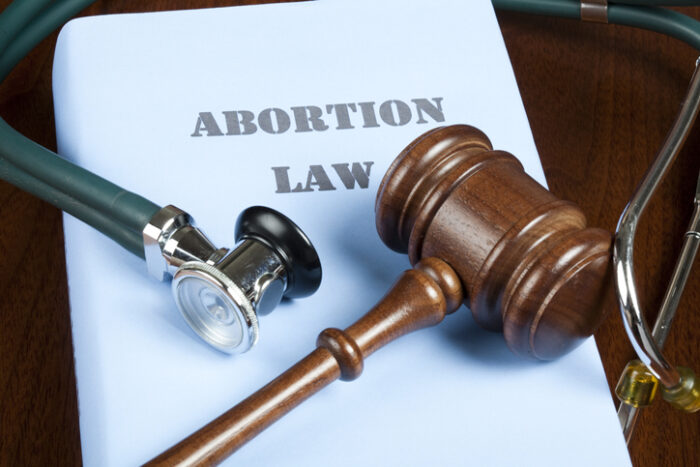
An expert the Government says will be independent will lead the review of abortion legislation that has been in operation since January 2019, Minister of State for Health Anne Rabbitte has confirmed. Pro-abortion groups are lobbying to make the law even more liberal than at present, by dropping the three-day waiting time before an abortion is provided, for example.
Speaking in the Seanad, she said the review will have three strands: women who have had abortions, the abortion providers, and a public consultation.
Under the terms of the Act a review must take place not later than three years after its commencement.
She confirmed that members of the public, special interest groups or any other interested party will also have the opportunity to submit their view through a public consultation process.
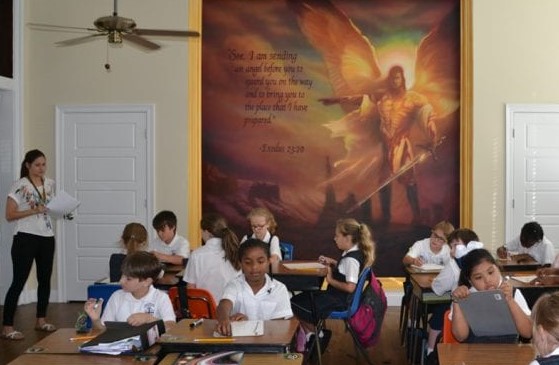
As parishes transfer more schools to non-religious patrons, the law must be changed to allow remaining schools be unapologetically Catholic.
That’s according to Bishop Tom Deenihan of the Catholic hierarchy’s Council for Education.
He told The Irish Catholic there is a need for the Government to remove a controversial law on that prevents Catholic primary schools from favouring Catholic children for admission when the school is over-subscribed. He said it risks preventing Catholic schools from catering for the needs of those who want an authentic faith-based education.
“Our position is that if parental choice is the determinant – and I think it has to be – then parents who wish for a Catholic education have to be accommodated,” Bishop Deenihan told The Irish Catholic.
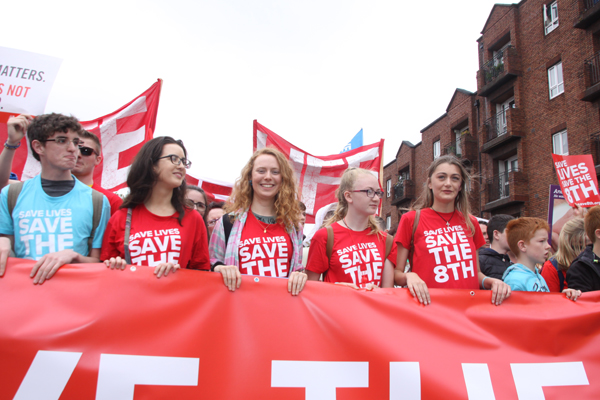
Pro-life rallies took place all over the country on Saturday urging the public and TDs to #RethinkAbortion.
Because of Covid-19 restrictions, 55 local rallies took place in lieu of a national pro-life march, but organisers said that the events were vitally important as a review of the 2018 legislation will take place this year.
“We were promised, voters were promised, that abortion would be ‘rare’ post-repeal, but for the second year in a row, we have seen a huge rise in the number of abortions carried out in contrast to when abortion was illegal in Ireland,” said Niamh Uí Bhriain of the Rally for Life Committee.
The rallies also highlighted that late-term abortions are taking place in Ireland, despite assurances that this would never happen. Ms Uí Bhriain said that a recent study of abortion providers in Ireland showed that the procedure was so disturbing that one doctor described it as “stabbing the baby in the heart”.
Activists also pointed to the recent case in the National Maternity Hospital where a baby was aborted after a misdiagnosis as evidence that steps needed to be taken to ensure parents were not pressured into having an abortion.
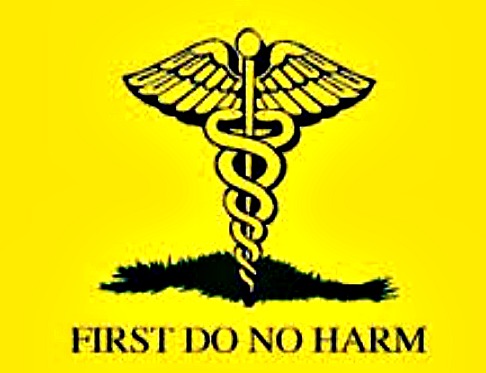
Some 200 medical professionals in Scotland have expressed “great concern” over a proposed bill to provide assisted suicide to the terminally ill.
Signatories to the letter to Health Secretary Humza Yousaf, include a former president of the Royal College of Physicians and Surgeons of Glasgow, David Galloway, and a palliative medicine expert Professor Marie Fallon.
The letter says the shift from preserving life to taking life is enormous and should not be minimised. “The prohibition of killing is present in almost all civilised societies due the immeasurable worth of every human life.
“Everyone has a right to life under Article 1 of the Human Rights Act 1998 such that no one should be deprived of that life intentionally. Some patients may never consider assisted suicide unless it was suggested to them. The cruel irony of this path is that legislation introduced with the good intention of enhancing patient choice will diminish the choices of the most vulnerable”.
The health care professionals add that they have a legal duty of care for the safety and wellbeing of their patients and they state that “will not take patients’ lives – even if they ask us to”.
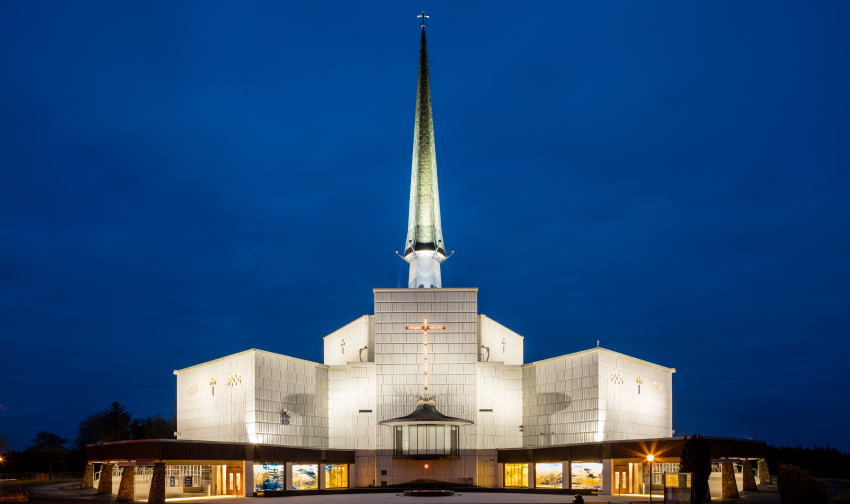
For the second year in a row the national novena at Knock Shrine, Co Mayo, is being postponed due to the pandemic.
Parish Priest and Knock rector Fr Richard Gibbons made the announcement on Monday that the novena, scheduled to take place from August 14th to 22nd, will be postponed until later this year.
“We have taken this decision in the interest of the health and safety of our pilgrims and staff here at the shrine. Given the recent concern from both Government and health agencies regarding the Delta variant of the virus, the responsible course of action is to postpone the national novena at this time,” he said.
“It is vital that we allow the national vaccination programme to proceed across all age groups. Once we can safely gather again at Knock Shrine, a full programme will be announced for the novena later in the year,” he said.
Knock remains open, however, with restricted attendance at daily Masses in the Basilica and confessions available daily also, while the Mass enrolment office, Knock Museum and Knock Counselling Centre are open.
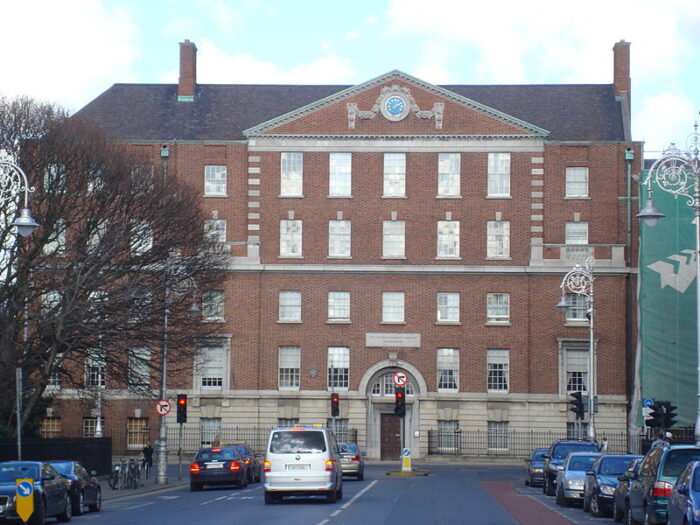
A constitutional referendum on whether the State should take ownership of the land on which the new national maternity hospital will be constructed could be held after the facility is built, the Seanad has heard.
Fine Gael Senator Martin Conway said the project needs to go ahead as quickly as possible but he suggested that, in the future a referendum could be considered about State ownership of the site “so that in 50 or 100 years’ time no future representatives from a future St. Vincent’s Healthcare Group can try to create a scenario where there is undue influence”.
He was speaking during a debate on the controversy surrounding the ownership and governance of the facility.
The National Maternity Hospital is due to relocate from Holles Street to the campus of St Vincent’s Hospital in South Dublin. The Government has said it wants to own the land on which the hospital will be built, rather than having a 99-year lease, which had been envisaged.
However, Labour Senator Ivana Bacik said “we certainly do not need a constitutional amendment. We have a compulsory purchase order procedure and that should be used.”